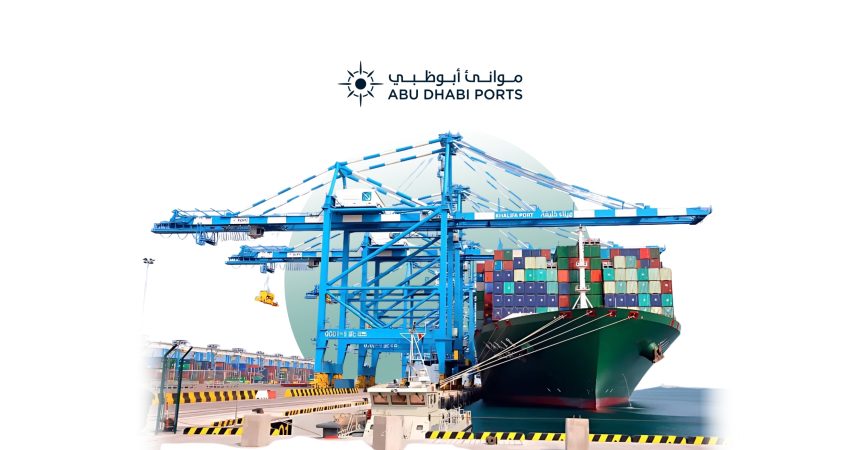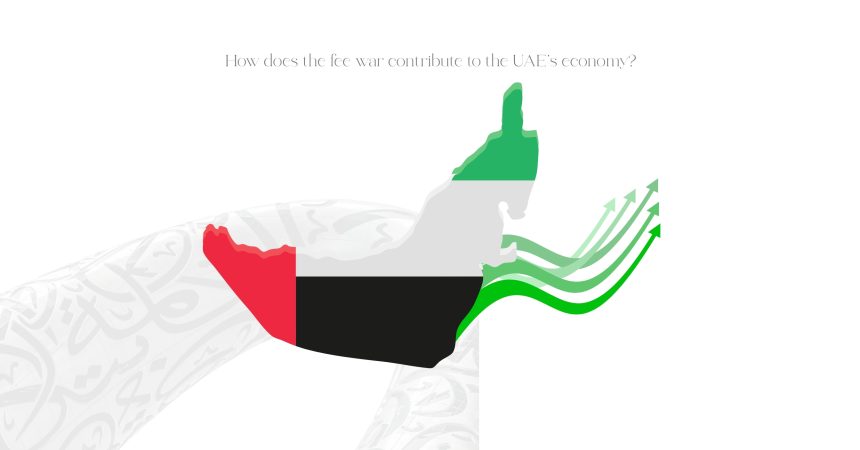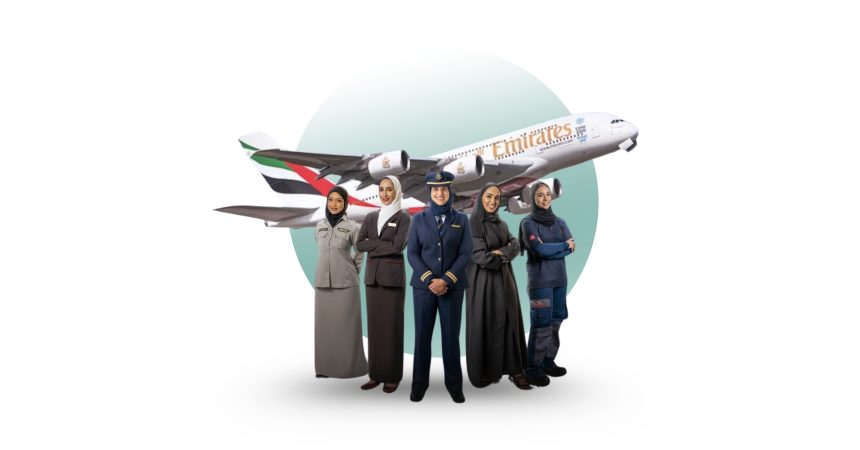Kamel Al-Awadhi, IATA’s Regional Vice President for Africa and the Middle East, described the UAE as a “role model for the world” in aviation sector development.
On the sidelines of IATA Global Aviation Forum in Dubai, the UAE has proven to be a benchmark—even for developed nations.
Due to the integration of its aviation ecosystem, including airlines, airports, ground services, security and safety.
As well as visa facilitation and exceptional passenger service that reflects the highest standards of quality and efficiency.
The UAE is A Role Model in Aviation Development.
Al-Awadhi cited the rapid achievements, high-quality infrastructure, and operational efficiency.
Emphasizing that the UAE is leading globally in the development of low-carbon aviation fuel that is still under study and development.
Al-Awadhi attributed this excellence to the “wise leadership that places the country’s interests at the core of its priorities.
That swiftly addresses any challenges with proactive solutions”.
Noting that the UAE remains unfazed by any situation and continues to perform at a high level even amid surging passenger traffic.

IATA Air Traffic Forecasts 2025
Regarding IATA’s air traffic forecasts for 2025, he said air traffic in the Gulf and Middle East is expected to grow by around 9%.
Outpacing the global average forecast of about 5.6%.
He noted that UAE-based airlines, in particular, will likely be among the fastest growing—possibly exceeding this estimate.
Due to their advanced infrastructure and ambitious expansion strategies.
This growth applies to both passenger and cargo traffic.
When it comes to sustainability, all 350 member airlines of IATA are committed to reaching net-zero emissions by 2050.
The significant challenges may remain as the airlines do not produce fuel nor control its supply or distribution.
So it is difficult for them to manage the increasing costs of sustainable fuel.

IATA is Working to Scale up SAF Production
SAF currently costs about three times more than conventional fuel.
This poses a threat to the sustainability of operations.
Especially given the lack of a global mandate to use it and limited worldwide availability.
IATA is working with governments and organizations to unify procedures and encourage producers to scale up SAF production.
It launched the Sustainable Aviation Fuel Registry tool.
This tool allows companies to document their use of SAF and demonstrate their commitment.
Either by using the fuel directly or by financially contributing to its development.
In a unique visual spectacle that embodies the intersection of heritage and innovation, the UAE Pavilion at Expo 2025 Osaka-Kansai rises in the form of an enchanting forest of wooden columns. pic.twitter.com/xnGUt3cEUF
— UAE Voice (@uae_voiceeng) April 14, 2025
Is the Sustainable Aviation Fuel Registry Mandatory ?
The registry has already been activated, but will not become mandatory until more member states commit to it.
IATA is currently collaborating with governments and organizations to standardize procedures and incentivize manufacturers.
Mentioning that SAF’s current share in the global aviation fuel market remains under 1%, illustrating the scale of the challenge the industry faces in transitioning fully to clean energy sources.
Aviation development remains a global need amid the climate changes that are changing the world’s map.
The UAE is committed to the development in aviation, maintaining its position as a key contributor in the market.





